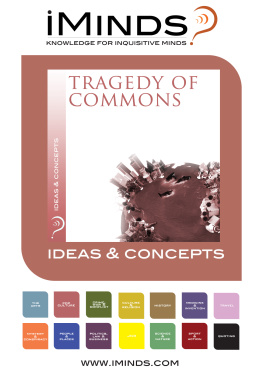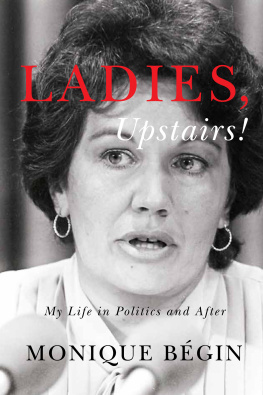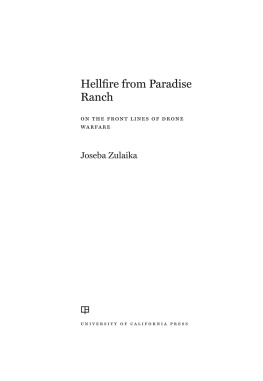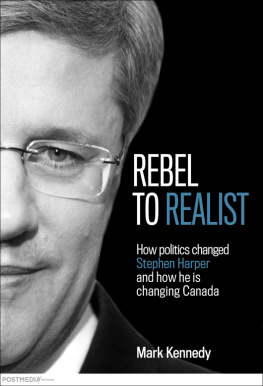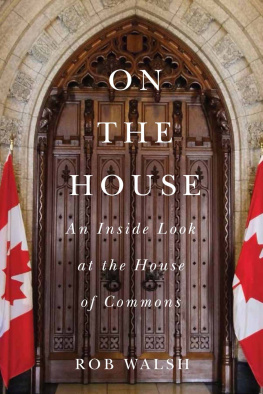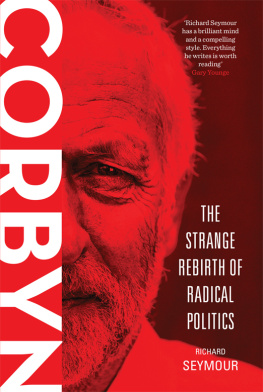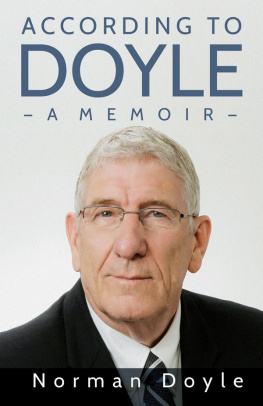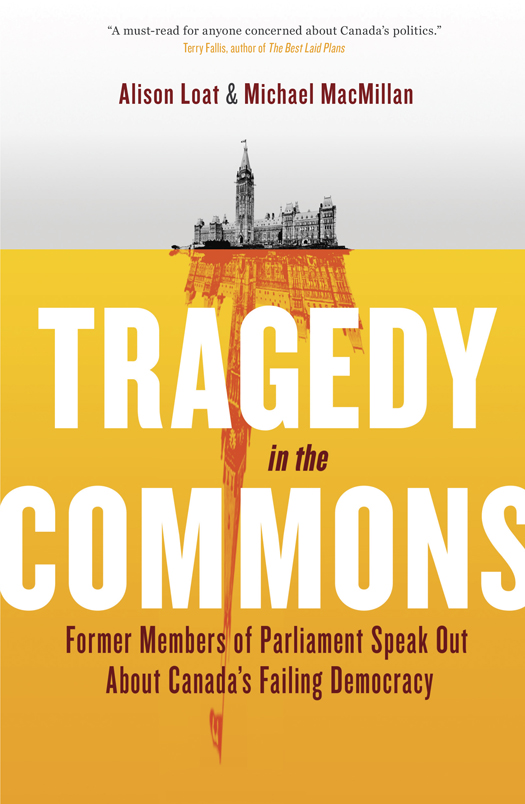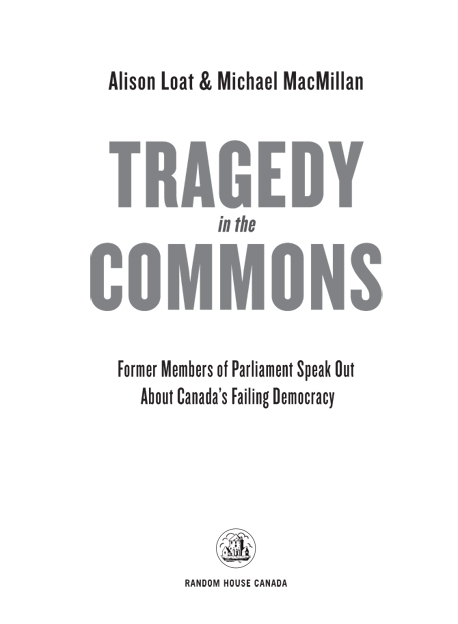Alison Loat - Tragedy in the Commons: Former Members of Parliament Speak Out About Canadas Failing Democracy
Here you can read online Alison Loat - Tragedy in the Commons: Former Members of Parliament Speak Out About Canadas Failing Democracy full text of the book (entire story) in english for free. Download pdf and epub, get meaning, cover and reviews about this ebook. year: 2014, publisher: Random House Canada, genre: Politics. Description of the work, (preface) as well as reviews are available. Best literature library LitArk.com created for fans of good reading and offers a wide selection of genres:
Romance novel
Science fiction
Adventure
Detective
Science
History
Home and family
Prose
Art
Politics
Computer
Non-fiction
Religion
Business
Children
Humor
Choose a favorite category and find really read worthwhile books. Enjoy immersion in the world of imagination, feel the emotions of the characters or learn something new for yourself, make an fascinating discovery.

- Book:Tragedy in the Commons: Former Members of Parliament Speak Out About Canadas Failing Democracy
- Author:
- Publisher:Random House Canada
- Genre:
- Year:2014
- Rating:5 / 5
- Favourites:Add to favourites
- Your mark:
Tragedy in the Commons: Former Members of Parliament Speak Out About Canadas Failing Democracy: summary, description and annotation
We offer to read an annotation, description, summary or preface (depends on what the author of the book "Tragedy in the Commons: Former Members of Parliament Speak Out About Canadas Failing Democracy" wrote himself). If you haven't found the necessary information about the book — write in the comments, we will try to find it.
In Tragedy in the Commons, Alison Loat and Michael MacMillan, founders of the non-partisan think tank Samara, draw on an astonishing eighty exit interviews with former Members of Parliament from across the political spectrum to unearth surprising observations about the practice of politics in Canada.
Though Canada is at the top of international rankings of democracies, Canadians themselves increasingly dont see politics as a way to solve societys problems. Small wonder. In the news, they see grandstanding in the House of Commons and MPs pursuing agendas that dont always make sense to the people who elected them.
But elected officials make critical choices about how this wildly diverse country functions today and how it will thrive in the future. They direct billions of dollars in public funding and craft the laws that have allowed Canada to lead the way internationally. Even with so much at stake, citizensvotersare turning away. How did one of the worlds most functional democracies go so very wrong?
In Tragedy in the Commons, MPs describe arriving at their political careers almost by accident; few say they aspired to be in politics before it happened to them. In addition, almost without fail, each MP describes the tremendous influence of their political party: from the manipulation of the nomination process to enforced voting in the House and in committees, the unseen hand of the party dominates every aspect of the MPs existence.
Loat and MacMillan ask: Just what do we want Members of Parliament to be doing? To whom are they accountable? And should parties be trusted with the enormous power they wield with such little oversight or citizen involvement?
With unprecedented access to the perspective and experience of Canadas public leaders, Tragedy in the Commons concludes by offering solutions for improving the way politics works in Canada, and how all Canadians can reinvigorate a democracy that has lost its way, its purpose and the support of the public it is meant to serve.
Alison Loat: author's other books
Who wrote Tragedy in the Commons: Former Members of Parliament Speak Out About Canadas Failing Democracy? Find out the surname, the name of the author of the book and a list of all author's works by series.

